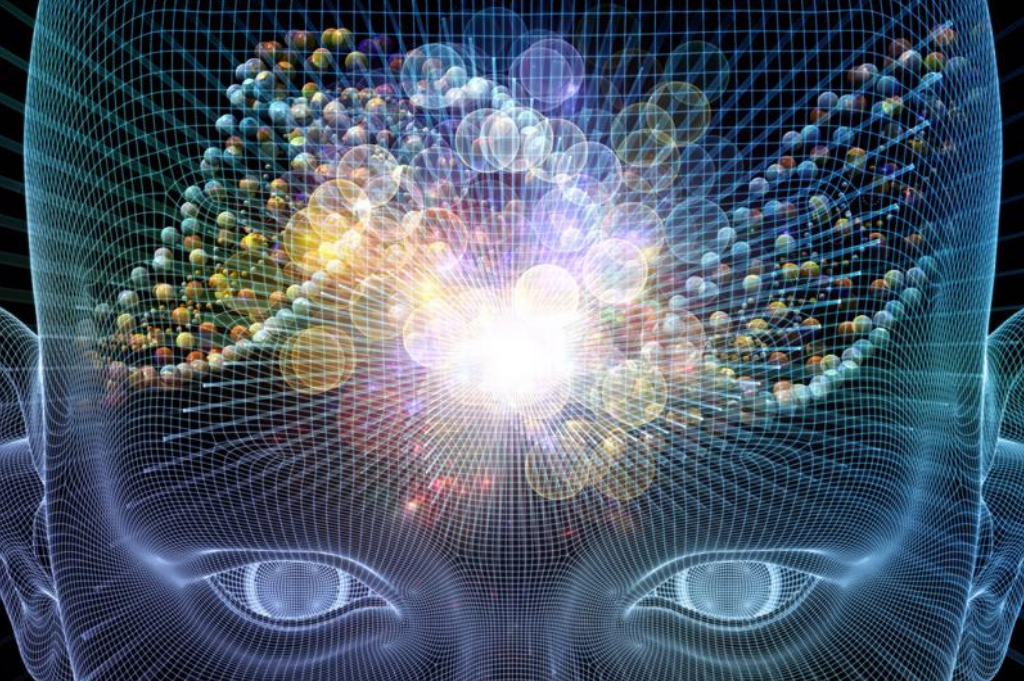We are probably all aware of how receiving a massage can do wonders for alleviating sore muscles in our body or aiding us during a period of recovery. But what’s relatively unknown is how exactly the experience of a massage impacts our brain. From the psychological side effects of a massage to the production of the chemicals that alter our moods, there are many overlooked advantages massage can provide our brains with. Take a look at how your massages may actually be boosting your brain power:
The brain’s relationship with our muscles
While we often think of exercise as the primary way to strengthen our muscles, working out our brains can have just as much impact on improving muscle coordination as lifting weights. As researchers from the University of Minnesota report, massage therapy helps to relax our muscle tissue, while also reducing nerve compression in the body. When nerves are not compressed, they’re able to function more efficiently, which means they can move faster when it comes to sending massages from the brain to the rest of the body. As connections between the brain and our nerves improve, so does our overall function of other organs and muscles.
Massage and neurotransmitters
Whether you’re feeling excited or fatigued, your emotions are more based on neurotransmitter activity rather than the scenarios life presents you with. One of the more unknown ways massage therapy can affect our bodies is by stimulating the production of our neurotransmitters, which are the chemicals within the brain in charge of our emotions. A study published by the National Institutes of Health analyzed how massage therapy affected the key neurotransmitters in our brain: cortisol and serotonin. Cortisol is often referred to as the body’s stress hormone, and when too much of it is produced, you can feel more anxious, experience impaired cognitive performance or elevate your blood pressure, according to AdrenalFatigue.org. Serotonin, on the other hand, is a neurotransmitter that can impact everything from mood, sleep and arousal to appetite, and not producing enough of it can lead to irritable moods or even depression.
The results of the study indicated that massage therapy was able to positively impact the production of both of these neurotransmitters. The researchers noted that the average participant experienced decreases of cortisol at an average of 31 percent, while serotonin increased by an average of 28 percent. These results help support the facts that massage therapy can do wonders for not only decreasing stress and improving mood, but also illustrate the vast effects this practice can have upon our brains.
Increasing dopamine
In a similar function to neurotransmitters, neurohormones are responsible for releasing cells into our body that can influence the way we feel. According to researchers from the Pacific College of Oriental Medicine, massages can also stimulate our body’s production of neurohormones, which can have a beneficial effect upon our brain. Dopamine is a specific neurohormone that can directly influence our happiness and enthusiasm, and massage has also been found to elevate levels of dopamine. All of these side effects of massage are what can help lead to a healthier and happier brain.

